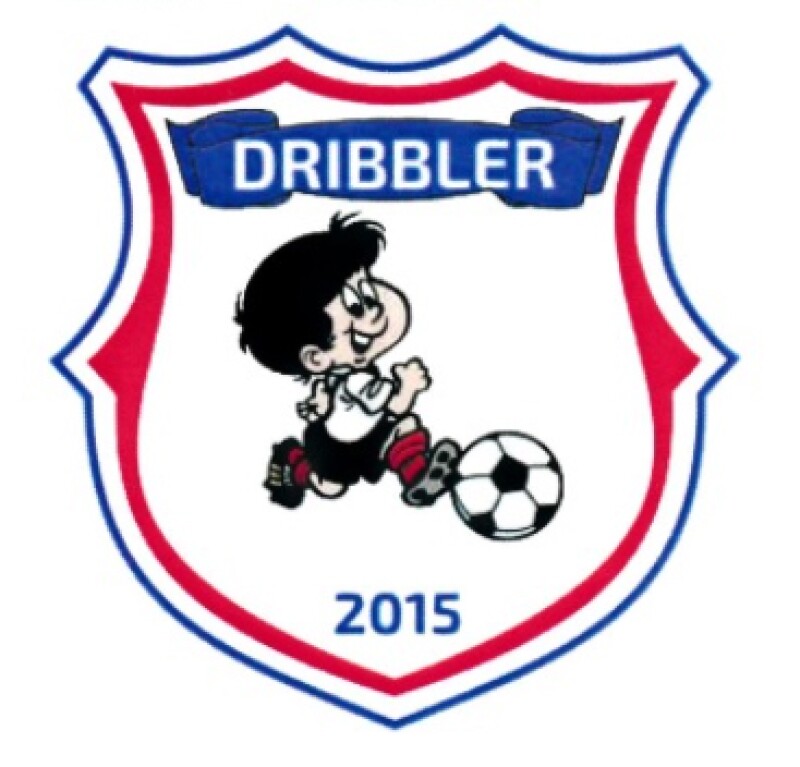A trademark application for Class 41 was filed under No 2018735958 with a priority date of August 20 2018.

Examination was conducted and the registration was refused. The examiner stated that the claimed designation is confusingly similar to the trademark under registration No 610062 in Class 41.

The cited trademark is registered in the name of another person and has an earlier priority. The applicant appealed the decision of the patent office at the Chamber of Patent Disputes. The Chamber of Patent Disputes noted that the claimed designation is a combined designation, with “Dribbler” being the dominant element. It focuses the attention on the upper part of the designation. Overall perception of the designation begins with this element. It is easier to memorise in comparison with the non-protected combination of figures which are in fact a background and an illustration for the word which carries the basic individualising weight.
The cited trademark according to registration No 610062 with priority of February 4 2016 is a combined designation with the dominating word element “Dribbling.” It is easier to memorise than the elements in the form of a stylised picture of the Latin letter “D” and a ball represented as a circle. The letter “D” is the initial letter of the word. Both play a secondary role and serve as a decorative embellishment and illustration for the word carrying the main individualising load.
Comparative analysis of the claimed and cited designations shows that they are similar because both have a basic individualising element, the words “Dribbler” and “Dribbling” dominating the designations.
The appellant argued that the word “Dribbling” has different meanings. The Chamber of Patent Disputes agreed with that but noted that those other meanings exist in very narrow fields, such as chemistry, the automotive industry, construction materials or may be attributed to less decent vocabulary. In any case, none of that is applicable to Class 41.
The above semantic meaning of this word (manoeuvring a ball by one player) relates to common parlance, i.e. is in general use. There are some differences in the designations. However, those differences, such as colour, the font, the number of letters, the outer appearance, compositional placement of other elements, play a subordinate role in the perception of those designations.
The circumstances explained above by the Chamber of Patent Disputes lead to the conclusion that the claimed designations may be associated with each other despite their differences hence they are confusingly similar.












